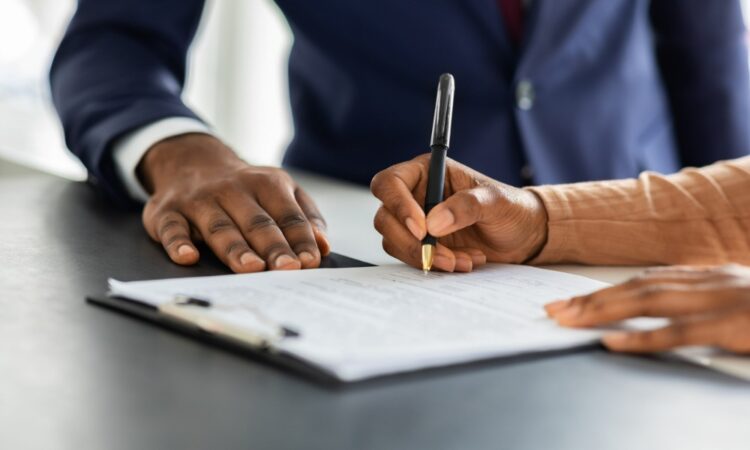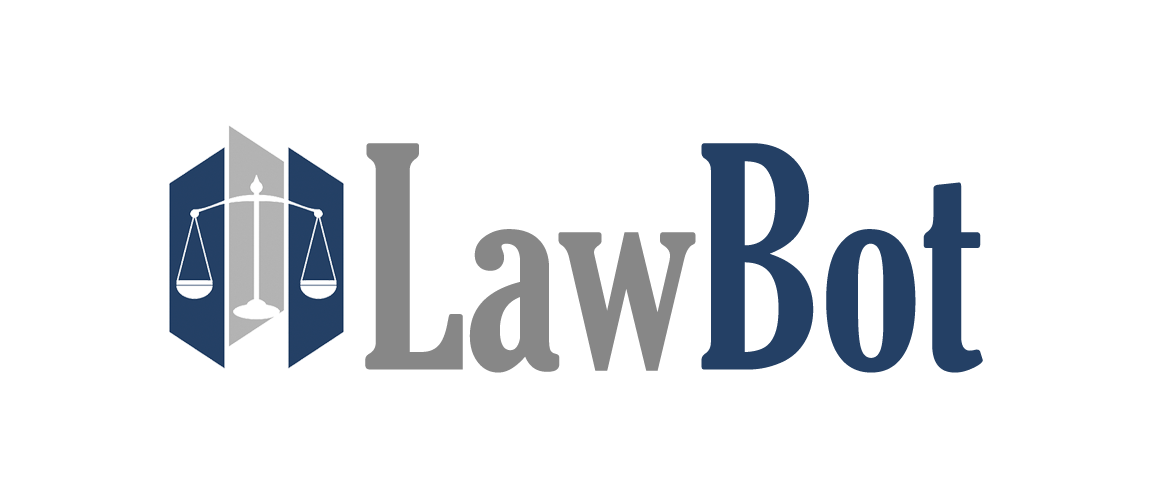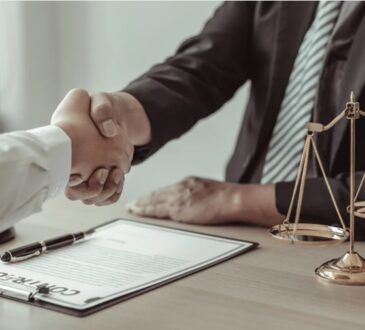
When representing a client facing criminal charges, a defense lawyer’s investigation forms the bedrock for all subsequent legal strategies and arguments in court. Unlike the police and prosecutors, the defense attorney did not investigate the alleged crime at the outset. So after charges are filed, conducting an independent, meticulous investigation becomes crucial. The steps for any defense lawyer are visiting the precise location where prosecutors allege the crime occurred. Walking the scene firsthand and reconstructing the sequence of events from different vantage points reveals oversights by police. Subtle lighting conditions, distances, barriers, and other architectural nuances lend perspective. The lawyer may notice evidentiary items missed by investigators or new witnesses overlooked. In high-stakes cases, such as homicides, securing the Best Murder Lawyer can make a significant difference in identifying critical gaps in the prosecution’s case.
Witnesses, even adversarial ones
They are directly with witnesses soon after the alleged crime yields different insights than law enforcement’s later interviews. Even hostile witnesses should be approached, as their version of events may have evolved or contain inadvertent facts they did not disclose before. Skilled criminal lawyers extract surprising new details and admissions that poke holes in the prosecution’s assumptions.
Reviewing police interrogation methods closely
If a confession or self-incriminating statements form part of the evidence, the best law firm in Brampton must evaluate if the questioning crosses any legal or ethical lines. They determine if Miranda rights were properly given and waived and if coercive psychological tactics invalidated the voluntariness of statements. Scrutiny of interrogation proceedings suppresses confessions as evidence if mishandled.
Assessing forensic evidence procedures
Lawyers drill down on all forensic science used against the defendant. This entails learning the methodologies behind DNA matching, fingerprint analysis, ballistics, toxicology, and other technical disciplines. They examine factors like accreditation of labs, analyst credentials, error rates, collection protocols, and chain of custody logs for compromise. Independent forensic experts assist with deeper scrutiny of testing processes.
Searching for exculpatory evidence
A defense lawyer combs through all available information seeking out exculpatory evidence that contradicts the prosecution’s version of events or provides alternative theories of the crime. This shifts focus away from the defendant’s presumed guilt. For instance, an unknown third party’s DNA from the crime scene establishes reasonable doubt and other possible perpetrators.
Consulting ideal expert witnesses
Certain complex criminal cases hinge on expert testimony educating judges and juries. An defense lawyer researches fields like psychology, medicine, financials, digital forensics, or others to identify respected specialists whose analysis strengthens defences. They choose experts whose credentials and testimony withstand scrutiny. The right experts eviscerate seemingly airtight forensic conclusions.
Mastering applicable case law precedents
Lawyers thoroughly research previous court rulings, judgments, and legal standards relevant to their client’s charges and defense strategies. This helps them construct motions to exclude evidence, have charges dismissed, or nullify procedural mistakes by law enforcement. Precedents also assist in modeling arguments and testimony likely to persuade judges and juries based on prior decisions. Preparation is everything in court cases, so defense lawyers aim to anticipate the exact moves and tactics prosecutors will deploy at trial. They predict lines of argument around each piece of inculpatory evidence and work to counter them. Mastering the opposition’s playbook allows lawyers to strategically undermine the prosecution’s agenda at every step.





